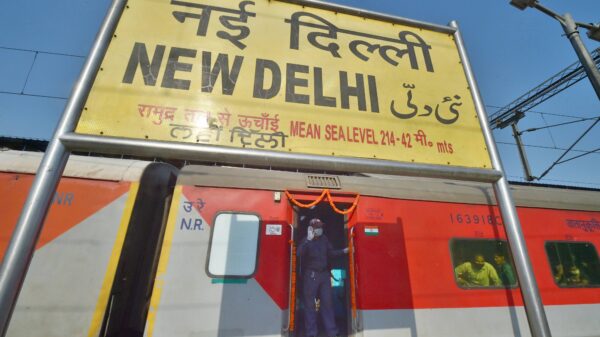NEW DELHI (Metro Rail & Steel): In a bid to uplift local artisans and promote indigenous craftsmanship, the Indian Railways’ “One Station One Product” (OSOP) initiative, operational at 1,037 stations nationwide, has emerged as a game-changer. Designed by the National Institute of Design, Ahmedabad, the scheme provides unique sale outlets that spotlight indigenous products, significantly benefiting local craftsmen. A senior railway official highlighted the scheme’s growing success, anticipating its expansion to more stations in the near future.
Tamil Nadu Leads in Implementation
Launched last year on May 20, following a successful 15-day pilot project, the OSOP initiative has gained immense popularity among local artisans and workers. Presently, 1,134 outlets are operational across 27 states and 1,037 stations. Tamil Nadu leads the way with 146 outlets at 137 stations, closely followed by West Bengal and Uttar Pradesh, each hosting a similar number of outlets.
As of November 9 this year, 39,847 direct beneficiaries and an estimated total of 1,43,232 beneficiaries (considering five indirect beneficiaries for each allotment) have availed opportunities under this transformative scheme. Impressively, the scheme has generated total sales amounting to Rs 49.58 crore. Conceptualized during the Union Budget 2022-23, the OSOP scheme focuses on skill development for local artisans, weavers, and craftsmen, offering sale outlets at railway stations nationwide, allocated through a meticulous tendering process.
The OSOP policy emphasizes broadening the scheme’s benefits to target groups and ensuring opportunities for all applicants. To achieve this, Indian Railways has adopted diverse public outreach measures, leveraging mediums such as newspapers, social media, public announcements, press notifications, and personal visits to artisans. The sale outlets feature an array of indigenous products, including artefacts, handicrafts, textiles, handlooms, toys, leather products, traditional appliances/instruments, garments, gems and jewellery, as well as locally made or grown processed and semi-processed food products.










